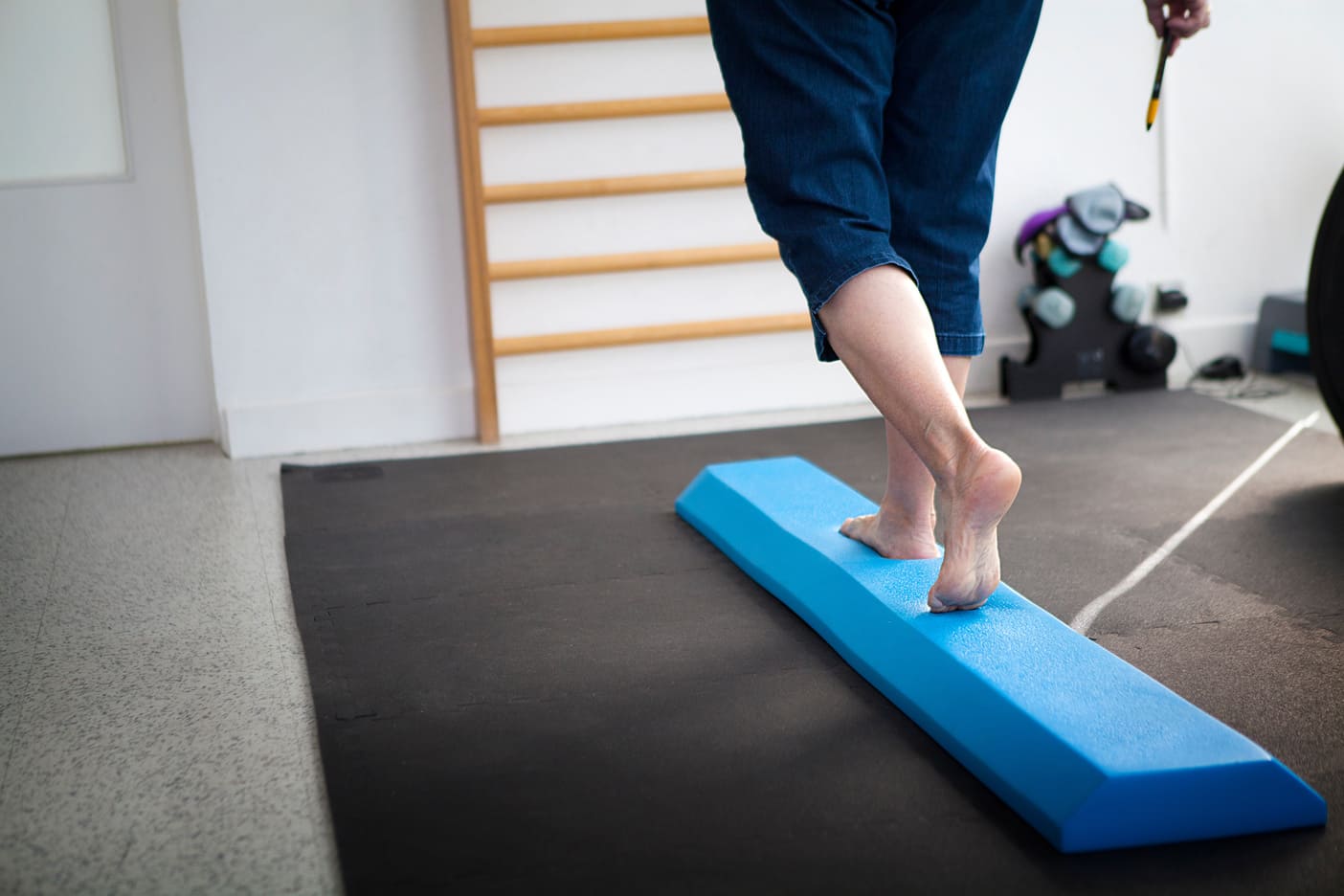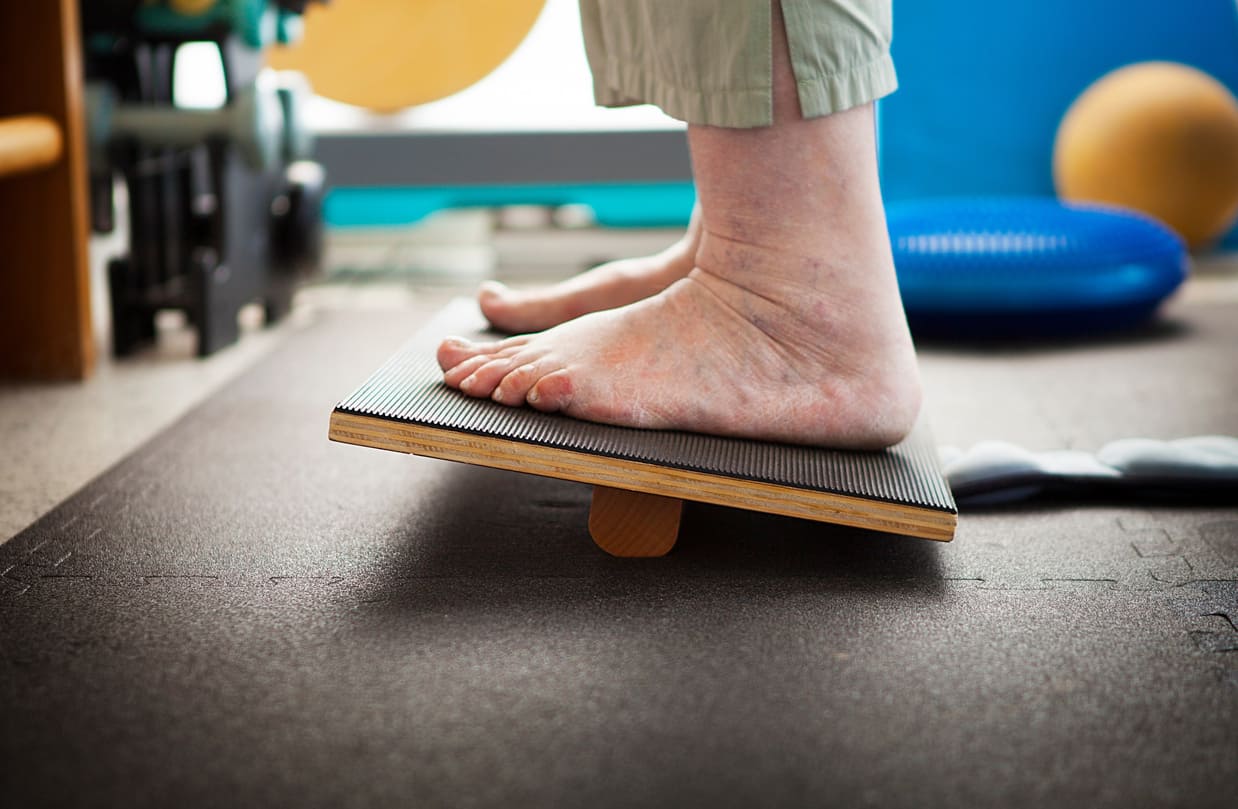What is the Vestibular System?
The vestibular system is a sensory system located in your inner ear that is critical for our sense of balance, motion, and spatial awareness. It works like a personal navigation system, sending signals to your brain about how your head is moving and your body’s position relative to the world around you. This system is made up of two main parts; semicircular canals, which detect rotational movements (like turning your head). otolith organs, which sense linear movements and gravity (like when you go up or down in an elevator).
Together with your eyes and the feeling in your muscles and joints, this system helps you stand, walk, and move without falling over.
When something disrupts your vestibular system, it sends conflicting signals to your brain, which can lead to a range of disorienting symptoms.
Conditions That Affect the Vestibular System
Vestibular disorders can develop from a variety of causes, including:
- Benign Paroxysmal Positional Vertigo (BPPV): The most common cause of vertigo, BPPV, occurs when tiny calcium crystals become dislodged and float into the wrong part of the inner ear.
- Infections: Viral or bacterial infections, such as labyrinthitis or vestibular neuritis, can cause inflammation in the inner ear or the nerve that connects it to the brain.
- Head or Neck Injuries: Traumatic brain injuries, including concussions, can damage the vestibular system or the neural pathways that process its signals.
- Meniere’s Disease: A chronic condition caused by a buildup of fluid in the inner ear, which leads to episodes of severe vertigo, hearing loss, and ringing in the ears.
- Aging: The vestibular system naturally declines with age, which can contribute to balance problems and an increased risk of falls.

Common Signs of a Vestibular Disorder
If your vestibular system is malfunctioning, you may experience a variety of uncomfortable symptoms, such as:
Vertigo: A false sensation of spinning, swaying, or tilting.
Dizziness: A more general feeling of light-headedness, faintness, or unsteadiness.
Imbalance and Unsteadiness: Difficulty walking straight or maintaining balance, often leading to a fear of falling.
Nausea or Vomiting: Conflicting signals from your senses can trigger motion sickness.
Gaze Instability: The feeling that your vision is jumping or blurring, making it hard to focus.
If you are experiencing these symptoms, a physiotherapy assessment can help you determine the cause and get started on a path toward recovery
FAQs

What is the difference between dizziness and vertigo?
While often used interchangeably, these are different sensations. Vertigo is the feeling that you or the world around you is spinning. Dizziness is a more general term for feelings of light-headedness, unsteadiness, or feeling faint.
What should I expect during my first vestibular physiotherapy appointment?
Your initial appointment will involve a thorough assessment to determine the cause of your symptoms. This may include a series of tests, followed by a discussion of your diagnosis and a personalized treatment plan.
How many sessions will I need?
The number of sessions varies depending on the condition. Simple BPPV can often be resolved in 1-3 visits, while chronic conditions may require a longer program. We will discuss a timeline with you during your initial assessment.
Will I be given exercises to do at home?
Yes, a customized Vestibular Rehabilitation Home Exercise Program is a critical part of your treatment. Your physiotherapist will provide you with specific exercises to perform between appointments. Consistent performance of your home exercises is essential to reinforce the progress you make in the clinic and to achieve the best possible long-term results
